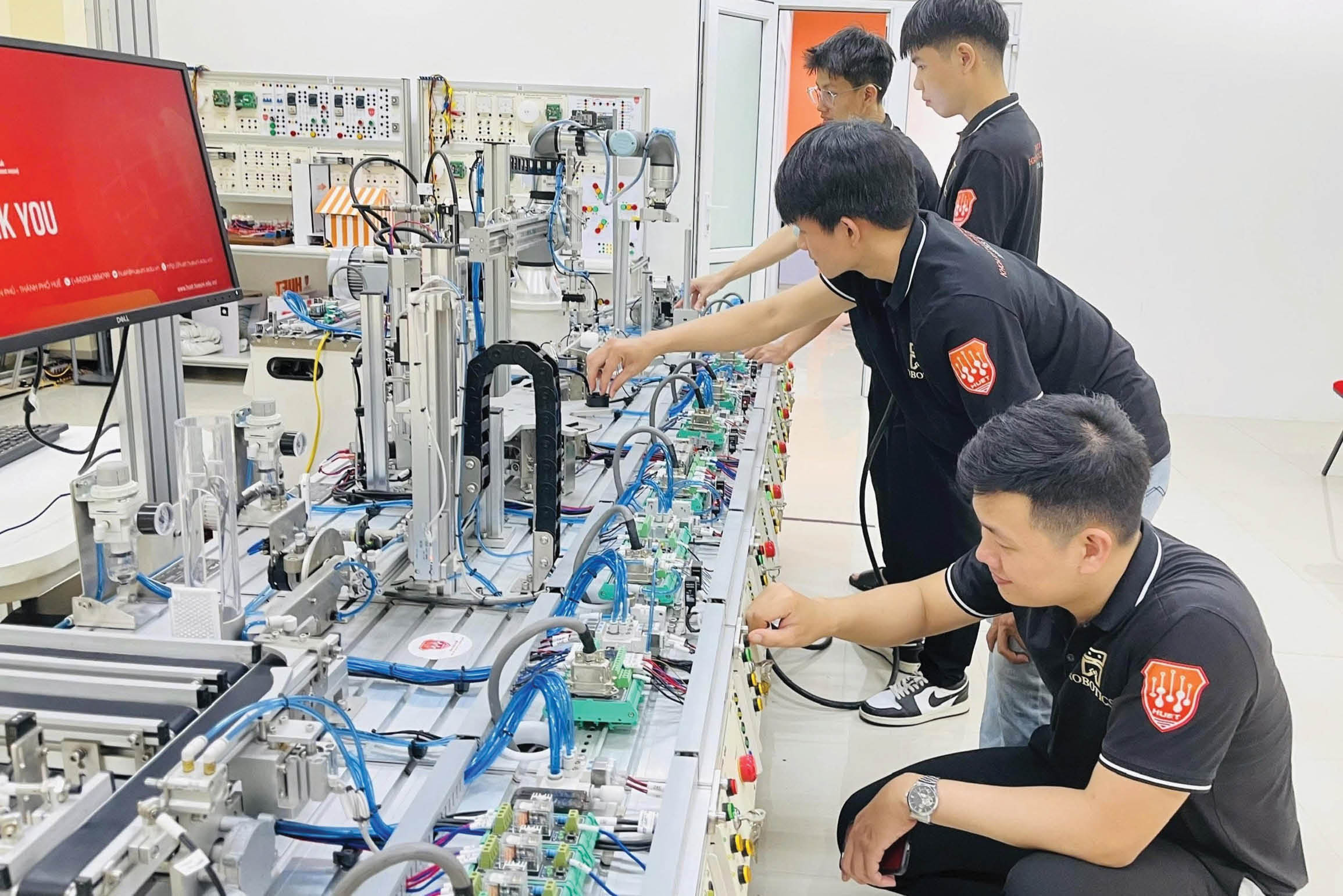 |
| Students of the Faculty of Engineering and Technology - Hue University apply technology in research. Photo: H. Trieu |
Achievements and gaps to be filled
“City of Culture” is a place where heritage, arts, tradition and creativity become socio -economic drivers. Meanwhile, “City of Knowledge” operates based on education, technology and innovation. Hue has a unique advantage to combine both models: a treasure trove of top heritage and a strong network of education and research.
This intersection creates a unique urban model: the City of Culture and Knowledge - where preservation and development go hand in hand, tradition and technology blend together. In which, digital governance is the key to digitizing heritage, building open databases, and exploiting new values for the cultural industry and creative economy.
Hue has affirmed its position with 8 world heritages recognized by UNESCO; Hue Festival is of international stature, Hue University is a major training center of the Central region. Some initial technology applications have been deployed such as electronic tickets for relics, virtual museums, and GIS maps.
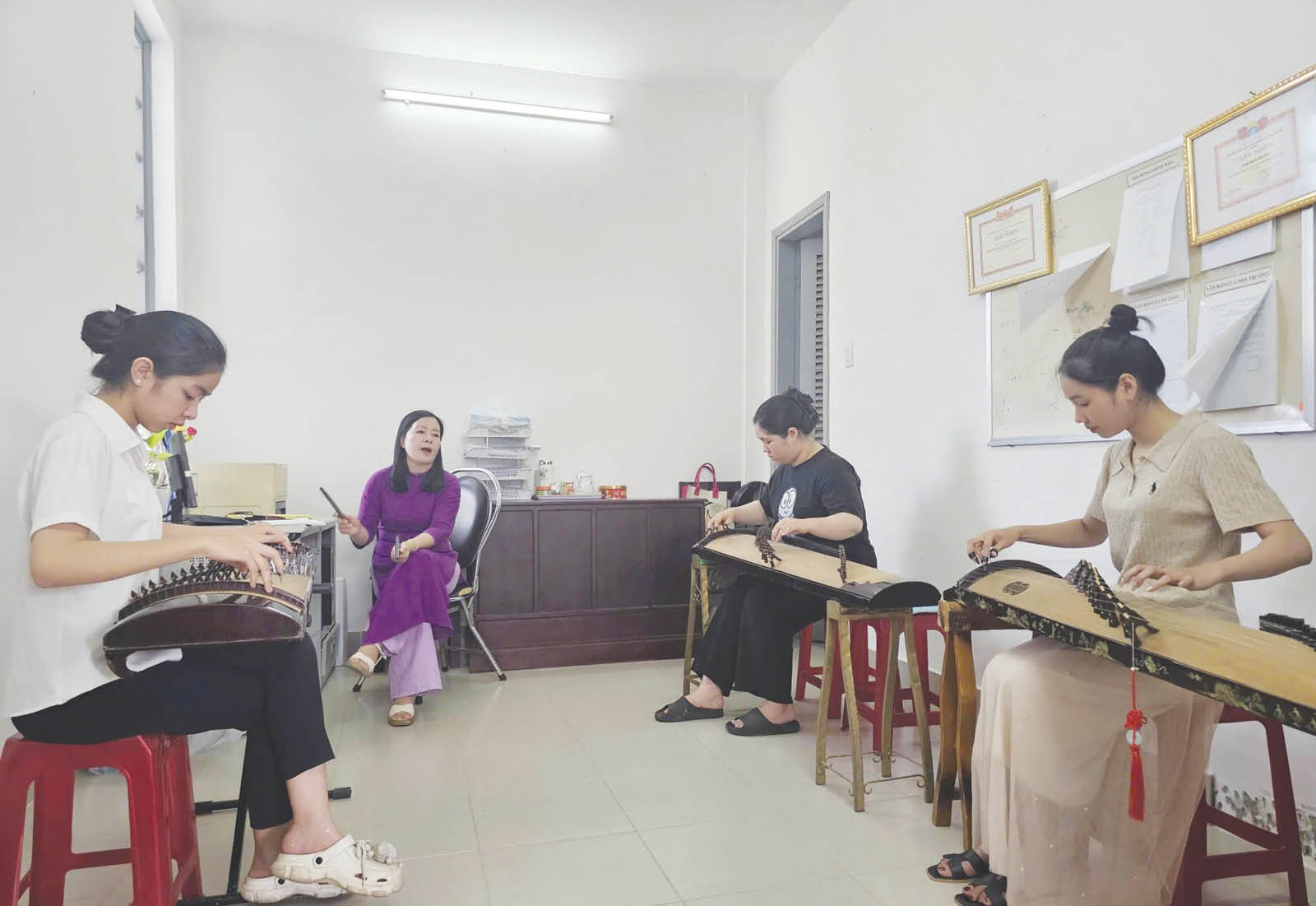 |
| Students in a practical class at Hue College of Culture and Arts. Photo: Phan Thanh |
However, in practice, there are still many limitations: Heritage digital data is fragmented, there is no city-level data center; the cultural and creative industry is small-scale, lacking key enterprises; human resources lack expertise in technology and heritage; the management mechanism is still traditional, lacking a comprehensive project; the innovation ecosystem has not yet been clearly formed. Without a breakthrough, Hue will find it difficult to fully exploit its inherent potential.
Five key solution groups
To realize the aspiration, Hue needs to focus on 5 groups of solutions: First is to perfect institutions and digital governance such as issuing the Project "Hue Digital Cultural - Knowledge City" for the period 2026 - 2031; building a Heritage - Urban Data Center, standardizing and connecting data; establishing an inter-sectoral steering committee to coordinate and promote public-private cooperation.
Next is to digitize heritage and experience digital culture through 3D/VR/AR digitization of the entire key heritage complex; build a Hue Virtual Museum, a digital knowledge repository about festivals and craft villages; develop mobile applications, smart maps, and educational games.
In addition, it is necessary to focus on developing the creative cultural industry, moving towards establishing a Center for Cultural Innovation and Startup; applying e-commerce and blockchain to traditional craft villages; organizing Digital Festivals and heritage hackathons to attract young people.
In the development process, it is necessary to focus on training high-quality human resources. Hue University can open majors/inter-majors in digital heritage management and creative economics; attract international technology and heritage experts; and develop lifelong learning programs for the community.
Finally, mobilize society and community as the center. Promote public-private cooperation in digitizing heritage; encourage communities and craft villages to participate in building digital heritage data warehouses; develop community cultural tourism associated with digital technology.
Aspiration and action
Hue has full potential to become a model of heritage-knowledge urban area in the digital age. But to make this aspiration come true, three key factors need to be implemented from 2026: Strongly transforming management thinking from traditional to digital; investing in open digital data infrastructure as a foundation for development; activating a creative-knowledge ecosystem connecting universities, businesses and the community.
Above all, the community must be the central subject. It is the people, with their role of both preservation and creation, who will decide whether Hue can both maintain its identity and reach out to the world with cultural and intellectual strength.
Hue, with its historical depth and intellectual resilience, can absolutely become a “City of Culture and Knowledge”, where heritage lives, knowledge converges, technology leads, and the community accompanies on the path of sustainable development.
(Member of the National Assembly Delegation of Hue City, Deputy Head of the Delegation of National Assembly Deputies)
Source: https://huengaynay.vn/chinh-tri-xa-hoi/khat-vong-thanh-pho-van-hoa-tri-thuc-158994.html



![[Photo] Prime Minister Pham Minh Chinh meets with Speaker of the Hungarian National Assembly Kover Laszlo](https://vphoto.vietnam.vn/thumb/1200x675/vietnam/resource/IMAGE/2025/10/20/1760970413415_dsc-8111-jpg.webp)

![[Photo] Da Nang residents "hunt for photos" of big waves at the mouth of the Han River](https://vphoto.vietnam.vn/thumb/1200x675/vietnam/resource/IMAGE/2025/10/21/1761043632309_ndo_br_11-jpg.webp)
![[Photo] Prime Minister Pham Minh Chinh received Mr. Yamamoto Ichita, Governor of Gunma Province (Japan)](https://vphoto.vietnam.vn/thumb/1200x675/vietnam/resource/IMAGE/2025/10/21/1761032833411_dsc-8867-jpg.webp)



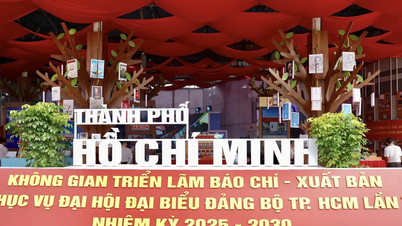

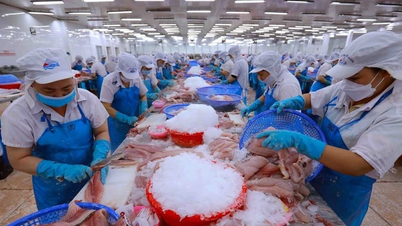

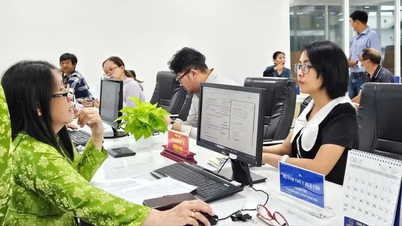

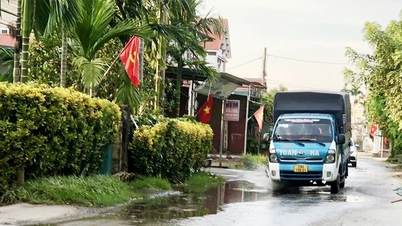


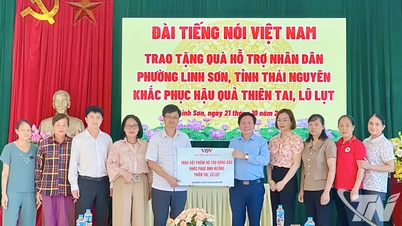

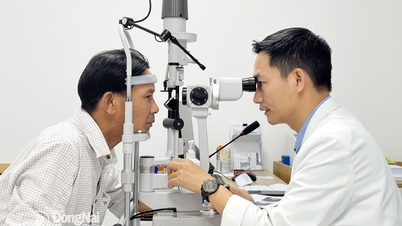

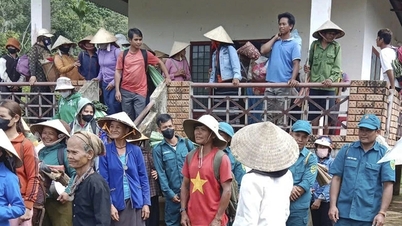









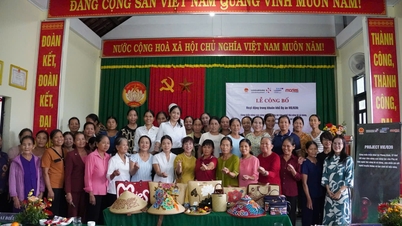
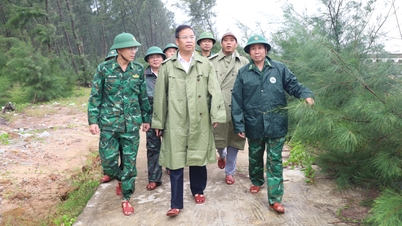

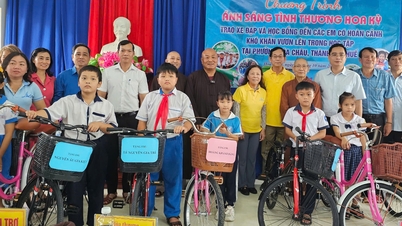

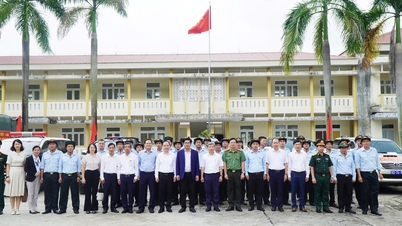





































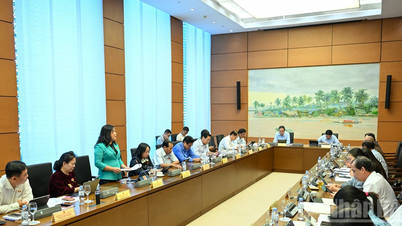
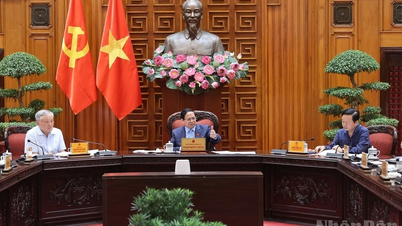
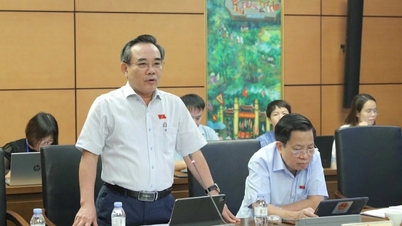
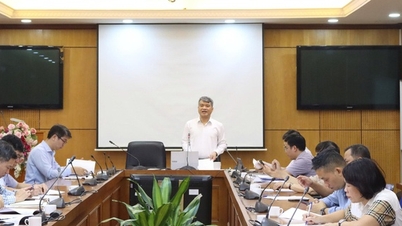
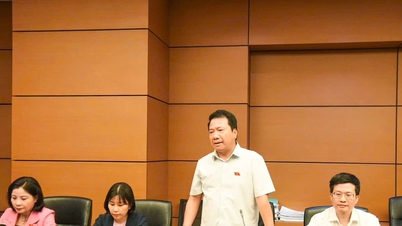

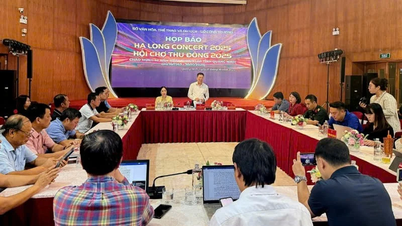
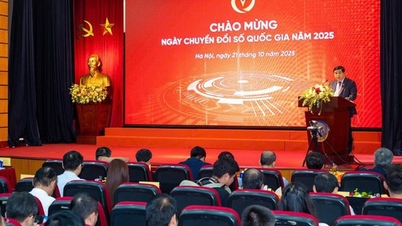


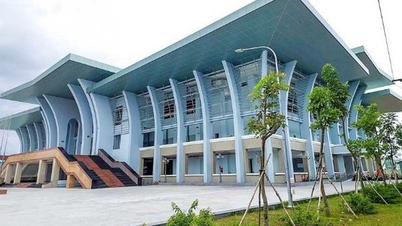

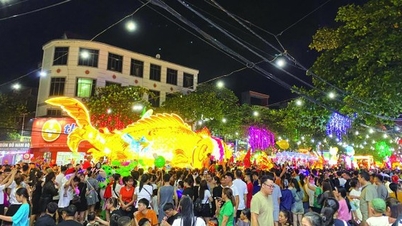
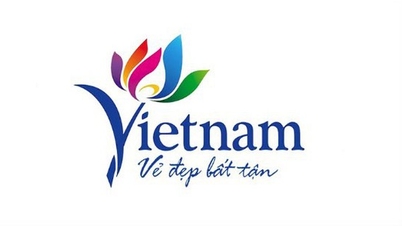


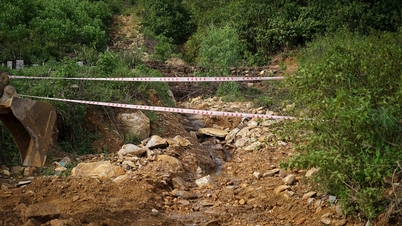
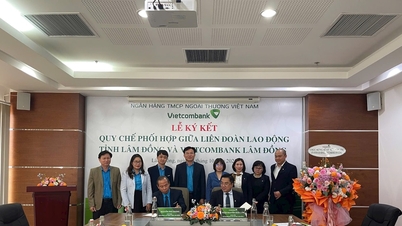

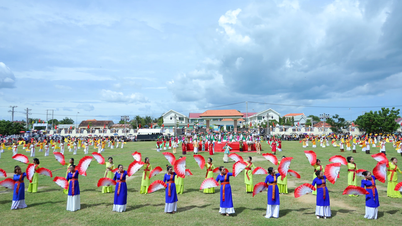

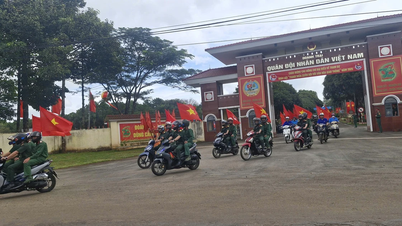

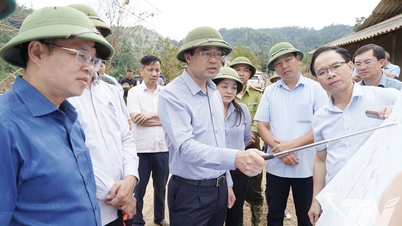










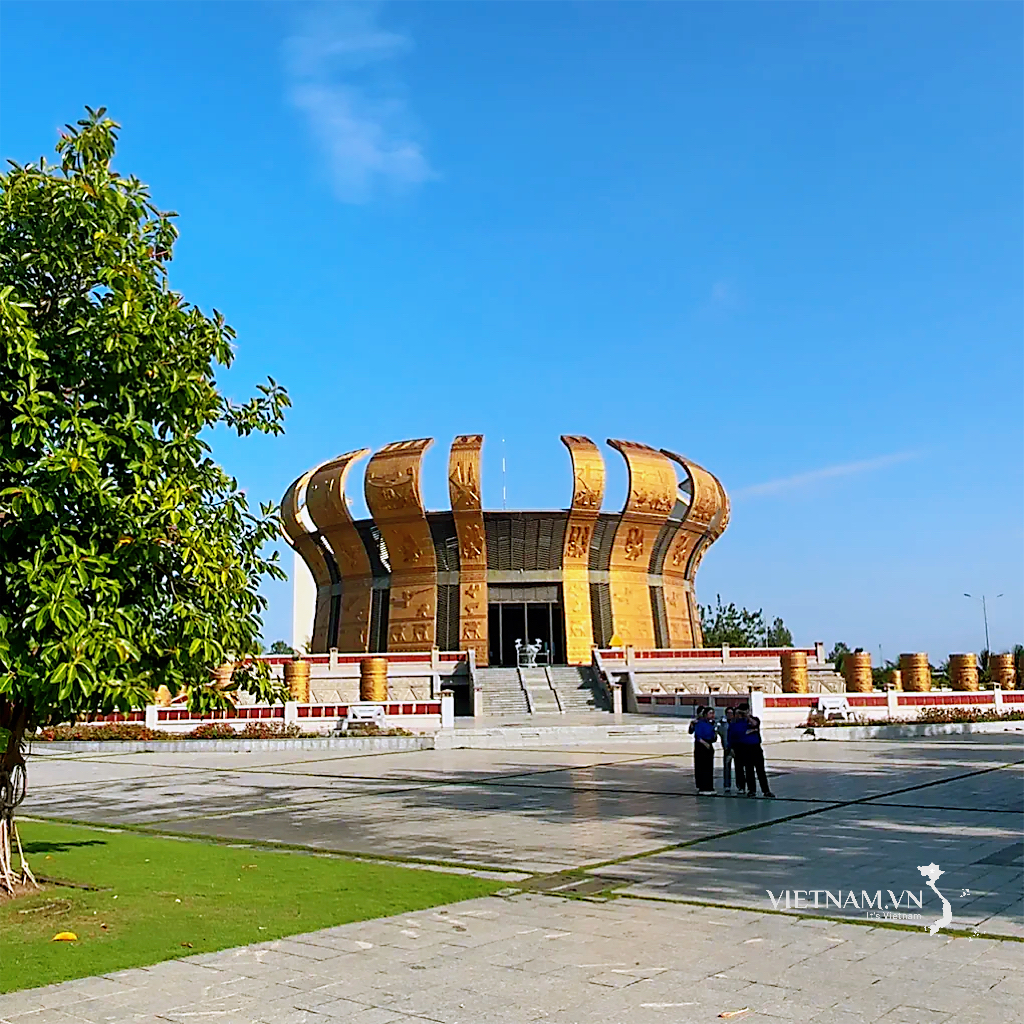

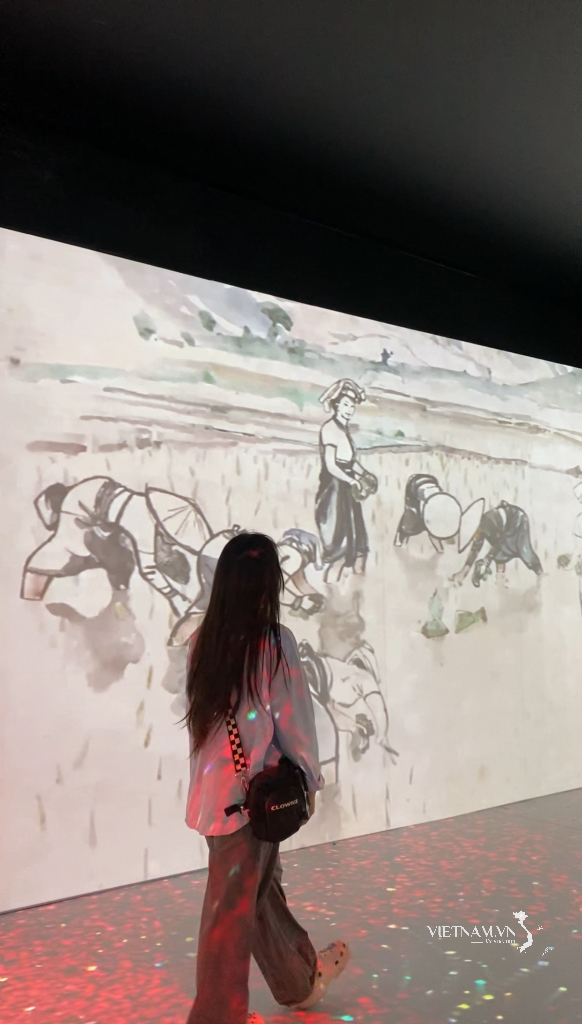
Comment (0)